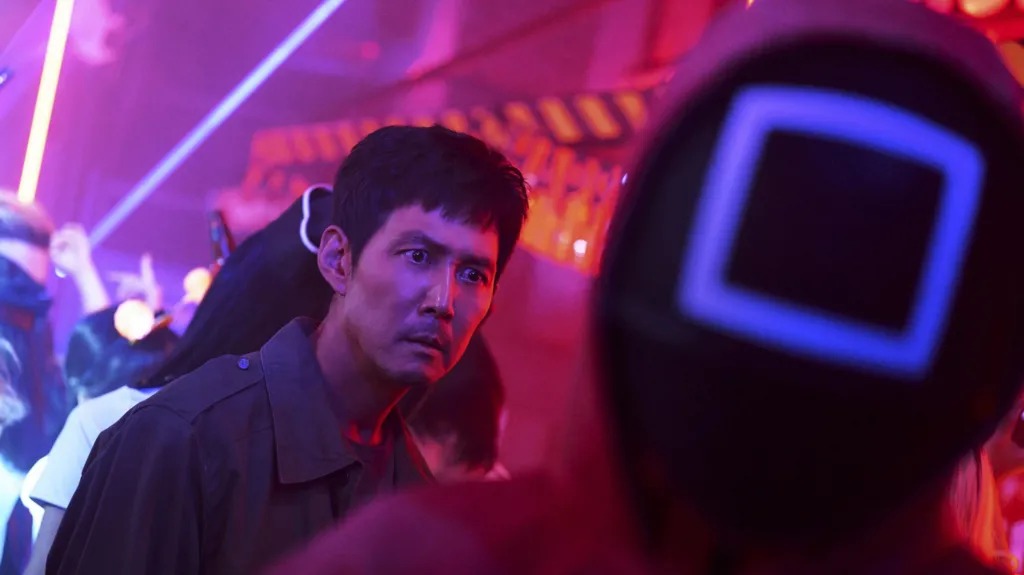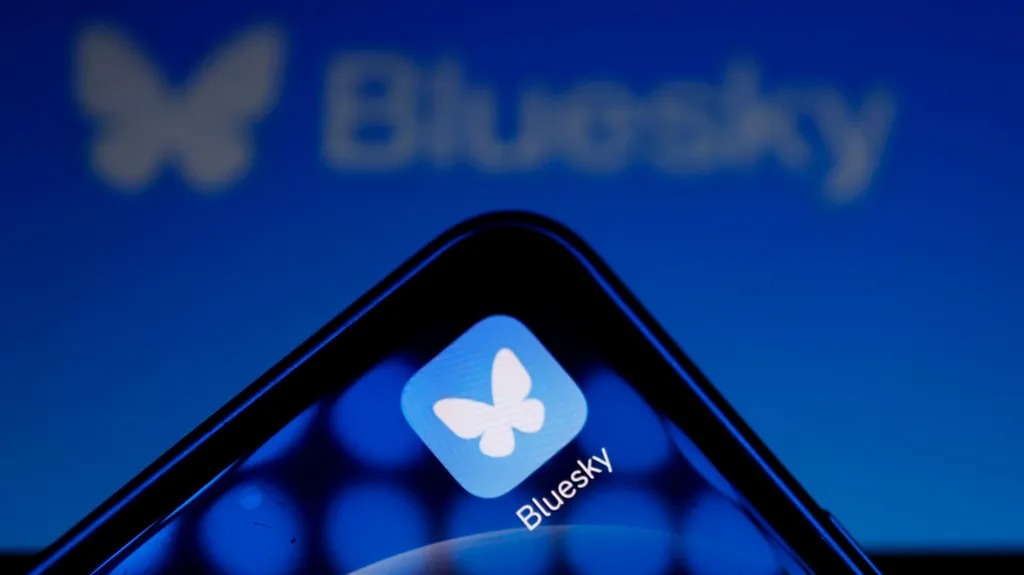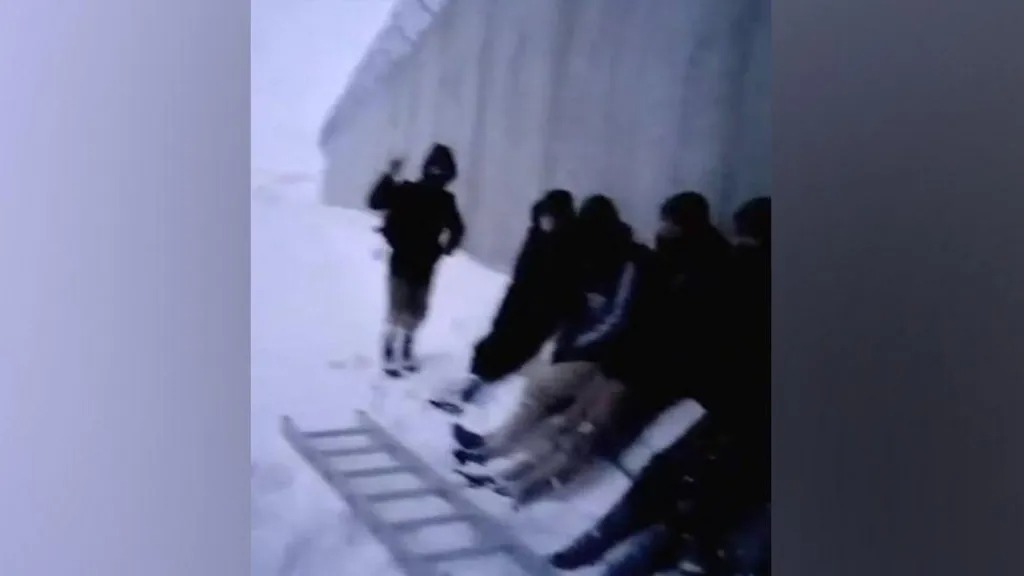
Saturday Night Live (SNL) was once the cutting edge of TV comedy, but in recent years, it has lost its edge. The show, known for launching legendary comedians, now struggles to stay relevant in an age of viral content.
Saturday Night Live (SNL) has long been one of the most iconic comedy shows in U.S. television history, influencing culture since 1975 and launching many famous comedians. However, in recent years, the show has lost its edge, becoming something people watch out of habit rather than genuine excitement for new, cutting-edge comedy.
Jason Reitman’s new film, “Saturday Night,” released last weekend, tells a fictionalized account of the chaotic 90 minutes leading up to the first SNL episode in 1975. While the film adds to the mythology surrounding the show, it highlights how much SNL has changed over time. The show, once known for its radical and modern humor, now seems to follow trends rather than set them, especially in the age of social media.
What made SNL stand out in the past was its willingness to take risks and push boundaries in comedy. But today, the show often seems to respond to cultural moments instead of leading them. Its political humor, which used to be razor-sharp, now feels less impactful. For instance, Alec Baldwin’s impersonation of Donald Trump, while visually accurate, lacks the biting wit of past political sketches, like Tina Fey’s impression of Sarah Palin that became a cultural touchstone.

Reitman’s film, “Saturday Night,” adds more to the legend of SNL than to its reality. The film focuses on the chaos and creativity backstage during the show’s early days but doesn’t delve deeply enough into the characters or events to engage a broader audience. If you’re already familiar with SNL’s early cast, it might work as a tribute, but for others, it may feel hollow.
SNL’s 50th season premiere, which aired last weekend, received heavy criticism for being lackluster, despite beloved Emmy-winning guest host Jean Smart. Several sketches, like a tired game show parody and a fake Halloween store ad, fell flat, reflecting the show’s ongoing struggle to maintain its relevance and originality.
These days, SNL seems to rely more on viral clips shared on social media rather than drawing viewers to watch full live episodes. According to reports, SNL’s previous season garnered 3.1 billion social media views, suggesting that the show’s true influence now lies in its short, shareable moments.
In conclusion, SNL remains a cultural icon, but it has lost much of the boldness and creativity that once defined it. Without a fresh approach, the show risks becoming a nostalgic relic, remembered more for what it once was than for its current impact.
Link to IMDb page for Jason Reitman’s Saturday Night:
“Jason Reitman’s new film Saturday Night gives a fictionalized look at the chaotic beginnings of SNL.”
Check out our article on the evolution of modern TV comedy [Click] for more on how iconic shows have shaped the industry.






